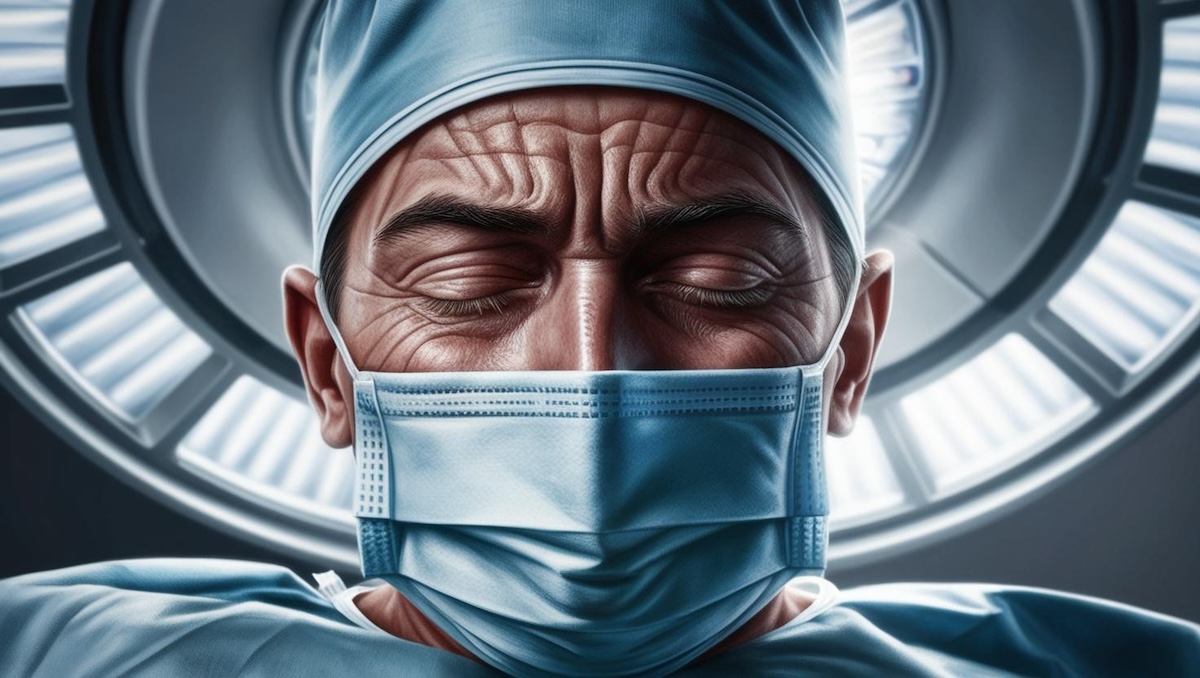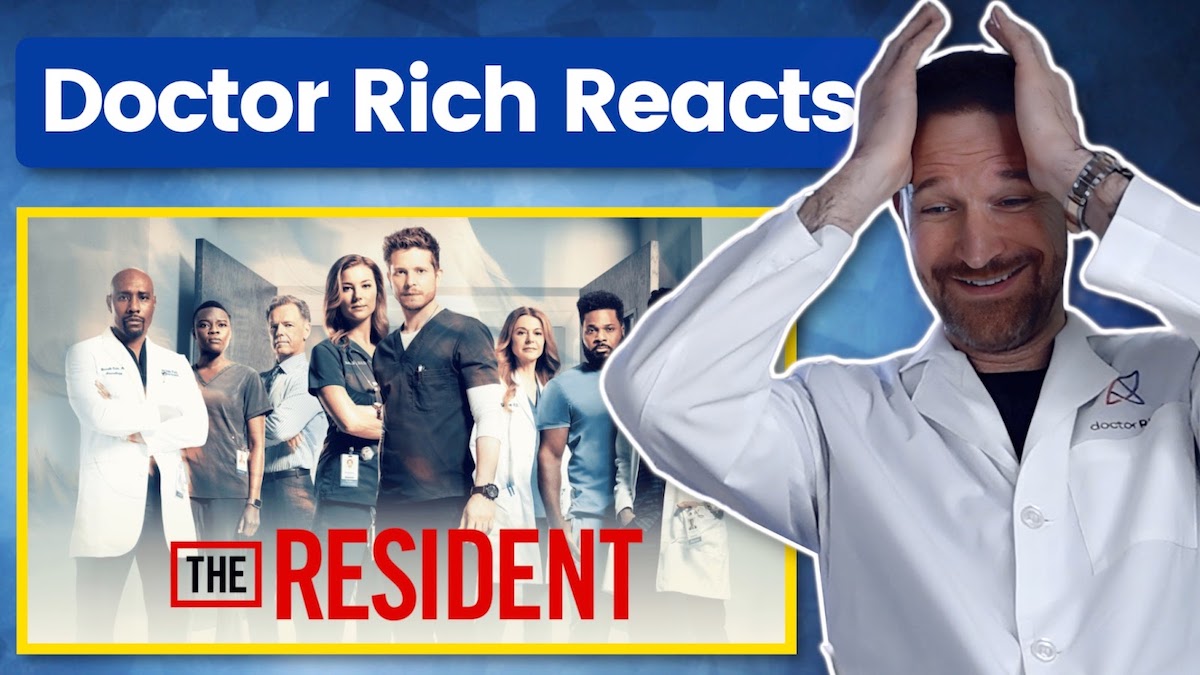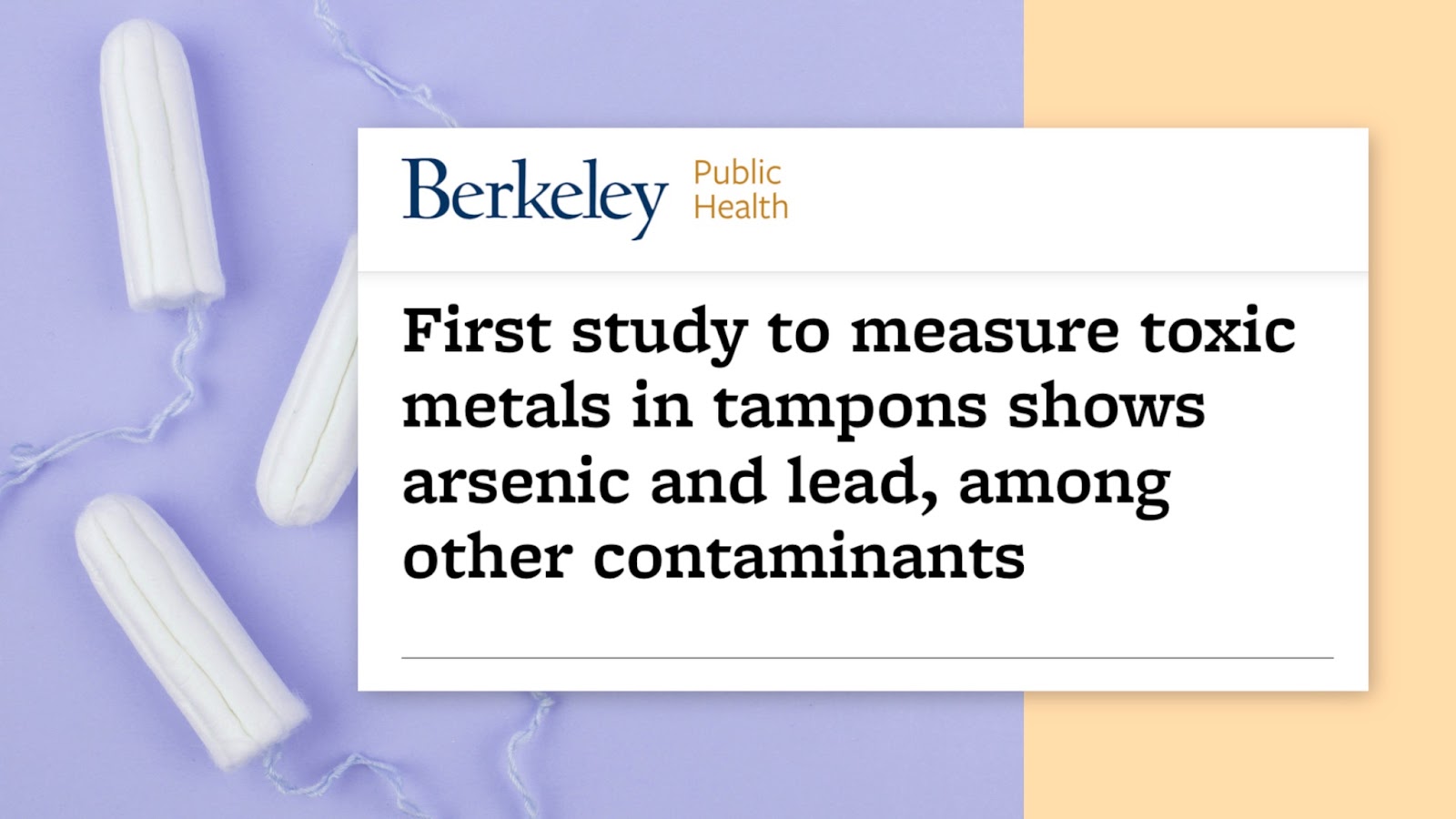Forty percent of women have concerns about their sexual function — and 12% have distressing symptoms. Is there treatment? Is there a little blue pill for women? And in my experience, what treatment option do women rave about? Today we’re going to talk about the top ten treatments for sexual dissatisfaction, sexual pain, sexual discomfort, and how to get a better sex life.
Don’t have time to read this post? Watch the video here instead!
Doctor Rich:
Now keep in mind: Sexual dysfunction is rarely caused by one specific problem that you can just pop a pill and everything’s going to get better. It’s usually multifactorial — contributing factors like body image issues, past trauma, partner/relationship issues, marital discord, and other medical health conditions. In fact, 65% of referrals for sex counseling result in a satisfactory improvement in sexual function.
Having optimized all of these other contributing factors, there are medications — so bring on the drugs!
As far as the medications, there’s actually relatively few that are FDA-approved for treating sexual dysfunction (we’ll note which ones those are). And there are many other medications that are very effective but just haven’t gone through the FDA pathway to get approval for that specific indication.
First up — we’ve got testosterone (or androgen, or male hormone). So this is a medication that’s either given by injection, oral pill, or some type of patch that actually increases the circulating testosterone (male hormone) in a woman who has sexual dysfunction.Testosterone does increase sex drive in men and in women. The androgenic (or male hormone) side effects in women commonly are acne, hair growth, facial hair — and in high doses (which are typically not used), even deepening of the voice. But most women who are taking testosterone therapy have significant improvement in sexual arousal, sexual desire, and very tolerable side effects.
Next up: estrogen therapy. So there’s a very large study that looked at the effectiveness of estrogen on sexual desire — and the data just wasn’t there. It didn’t show an improvement. Now that being said, symptoms of menopause are hot flashes, mood changes, night sweats… and it’s hard to be “in the mood” with those types of symptoms. So for sure, if a woman is experiencing those symptoms and you get rid of them and treat them with estrogen therapy, it’s likely that the extent to which they affect sexual desire will be removed — and the normal sexual function will be restored.
And then we come to our first FDA-approved medication, which is ADDYI (or flibanserin) — which is a serotonin agonist/antagonist. It basically modulates the neurotransmitters in your body. You can never drink alcohol when on the medicine. Also, being on birth control or taking antibiotics affects the metabolism of the medication. And as a practical matter, virtually nobody can take this medication and get the benefit without dealing with one of the intolerable side effects — but it is FDA-approved.
Next up, we have two medicines that come in as treatments for anxiety and depression. Most modern antidepressants are SSRIs (or selective serotonin reuptake inhibitors). They again also modulate the levels of neurotransmitters in the body. These actually cause a decrease in sexual desire. And so coming OFF of one of those medications actually may restore normal sexual function.
And then there are two medicines that are antidepressants that actually improve sexual function. One is bupropion — which is approved for treatment of anxiety, depression, and actually for smoking cessation (quitting smoking) and also improves sexual function. Buspirone is another medicine that’s FDA-approved to treat anxiety. It modulates serotonin, but it’s not an SSRI — and this one also improves sexual desire.
And the most recent FDA-approved medicine for sexual dysfunction is bremelanotide (or Vyleesi). Now, this was FDA-approved in 2019 as a subcutaneous injection. So it’s actually injected. And unfortunately, the common side effects are nausea, vomiting, headache, and hyper-pigmentation (which, in very rare cases, is actually permanent). So it shows a lot of promise. It can be beneficial, actually, to prescribe an anti-nausea medicine for those patients that are on this drug.
And what about good old Viagra or sildenafil? Does that work for women for sexual dysfunction? So unfortunately, it was no better than placebo in a number of different trials — with one exception for postmenopausal women with SSRI or antidepressant-related sexual dysfunction. In these cases, sildenafil (or Viagra) actually did improve sexual function in that group of women.
What about herbal products? Maybe you just want to get something over the counter. Unfortunately, there’s not a lot of data that supports any of those products — with two possible (notable) exceptions. One is Avlimil, which is a herbal compound proprietary blend. It does contain some estrogenic compounds so should not be used in women with a history of breast cancer. And then there is a feminine massage oil (Zestra). One study did show an increase in sexual desire when applied to the genitals. So those are all the products that are available that do have some data behind usage. A couple of them (as we mentioned) are FDA-approved.
In my practice (in my experience), most of the patients have the best results with topical testosterone, or oral testosterone, or a patch. They get significant improvement in sexual function. So don’t forget to consult with your doctor before trying any of these therapies and to look for any other causes of sexual dysfunction.
I want to hear about your results in the comments — and make sure you subscribe!




